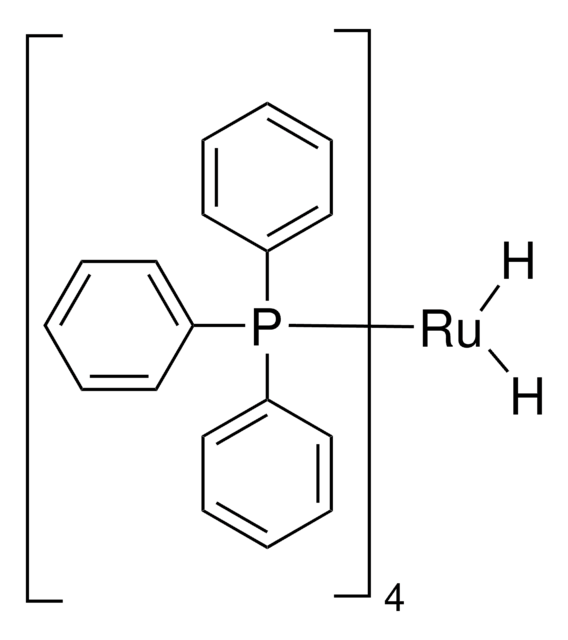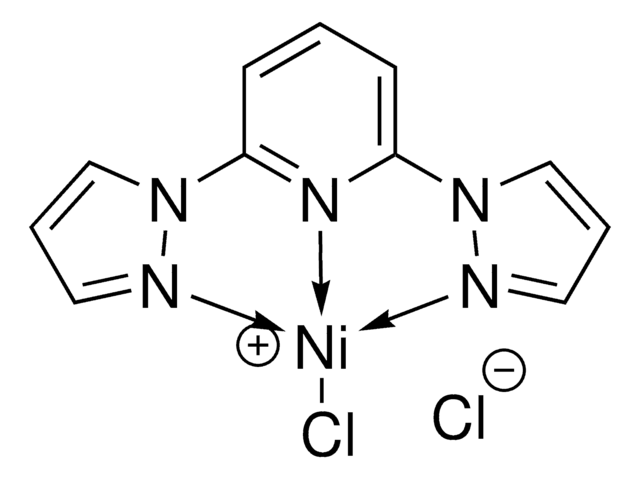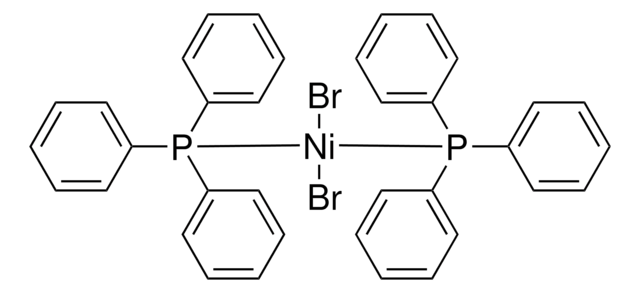335363
[1,3-Bis(diphenylphosphino)propane]dichloronickel(II)
Synonym(s):
(1,3-dppp)NiCl2, 1,3-Bis(diphenylphosphino)propane nickel(II) chloride, Ni(dppp)Cl2
About This Item
Recommended Products
form
powder
Quality Level
reaction suitability
core: nickel
reaction type: Cross Couplings
reagent type: catalyst
mp
213 °C (dec.) (lit.)
SMILES string
Cl[Ni]Cl.C(CP(c1ccccc1)c2ccccc2)CP(c3ccccc3)c4ccccc4
InChI
1S/C27H26P2.2ClH.Ni/c1-5-14-24(15-6-1)28(25-16-7-2-8-17-25)22-13-23-29(26-18-9-3-10-19-26)27-20-11-4-12-21-27;;;/h1-12,14-21H,13,22-23H2;2*1H;/q;;;+2/p-2
InChI key
ZBQUMMFUJLOTQC-UHFFFAOYSA-L
Looking for similar products? Visit Product Comparison Guide
Application
- Synthesis of block-copolythiophenes
- Suzuki-Miyaura cross-coupling reaction of aryl halides with arylboronic acids
- Solid state metathesis polycondensation
- Polymerization of poly(3-alkoxythiophene)s
- Diastereoselective Nozaki-Hiyama-Kishi coupling reactions of C1-C19 fragment of macrolide antibiotic aplyronine A
- Transfer condensation polymerization of conjugated polymers
related product
Signal Word
Danger
Hazard Statements
Precautionary Statements
Hazard Classifications
Carc. 1A - Eye Irrit. 2 - Resp. Sens. 1 - Skin Irrit. 2 - Skin Sens. 1 - STOT SE 3
Target Organs
Respiratory system
Storage Class Code
6.1C - Combustible acute toxic Cat.3 / toxic compounds or compounds which causing chronic effects
WGK
WGK 3
Flash Point(F)
Not applicable
Flash Point(C)
Not applicable
Personal Protective Equipment
Regulatory Listings
Regulatory Listings are mainly provided for chemical products. Only limited information can be provided here for non-chemical products. No entry means none of the components are listed. It is the user’s obligation to ensure the safe and legal use of the product.
PRTR
Specified Class I Designated Chemical Substances
ISHL Indicated Name
Substances Subject to be Indicated Names
ISHL Notified Names
Substances Subject to be Notified Names
JAN Code
335363-25G:4548173294230
335363-1G:4548173294216
335363-BULK:
335363-VAR:
335363-5G:4548173294223
Choose from one of the most recent versions:
Already Own This Product?
Find documentation for the products that you have recently purchased in the Document Library.
Customers Also Viewed
Our team of scientists has experience in all areas of research including Life Science, Material Science, Chemical Synthesis, Chromatography, Analytical and many others.
Contact Technical Service![[1,2-Bis(diphenylphosphino)ethane]dichloronickel(II)](/deepweb/assets/sigmaaldrich/product/structures/707/956/483e7a6e-5fb5-4e39-abd1-ecf33ccab3cf/640/483e7a6e-5fb5-4e39-abd1-ecf33ccab3cf.png)

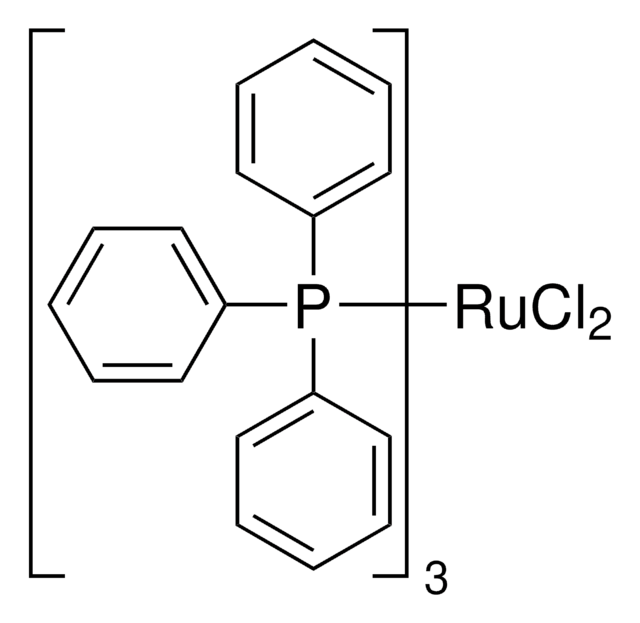

![[1,1′-Bis(diphenylphosphino)ferrocene]dichloronickel(II) 97%](/deepweb/assets/sigmaaldrich/product/structures/274/566/a60d6584-163a-4c41-a738-60f8e4d524fa/640/a60d6584-163a-4c41-a738-60f8e4d524fa.png)
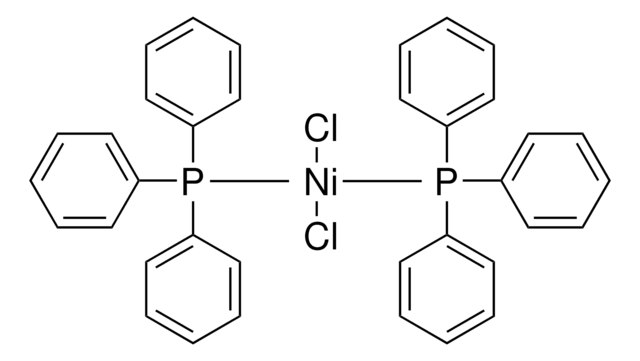
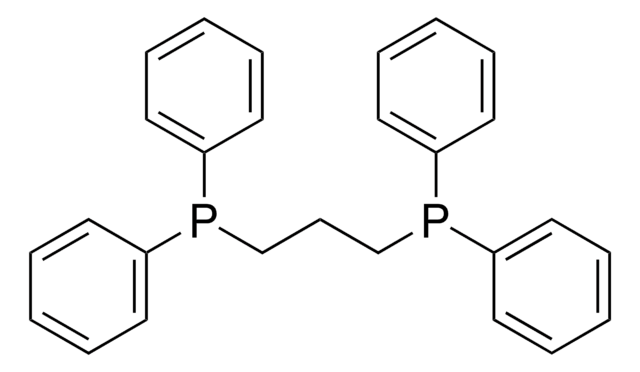
![[1,1′-Bis(diphenylphosphino)ferrocene]dichloropalladium(II)](/deepweb/assets/sigmaaldrich/product/structures/130/734/8846aa26-1858-458a-998d-8c306c13bf0f/640/8846aa26-1858-458a-998d-8c306c13bf0f.png)

